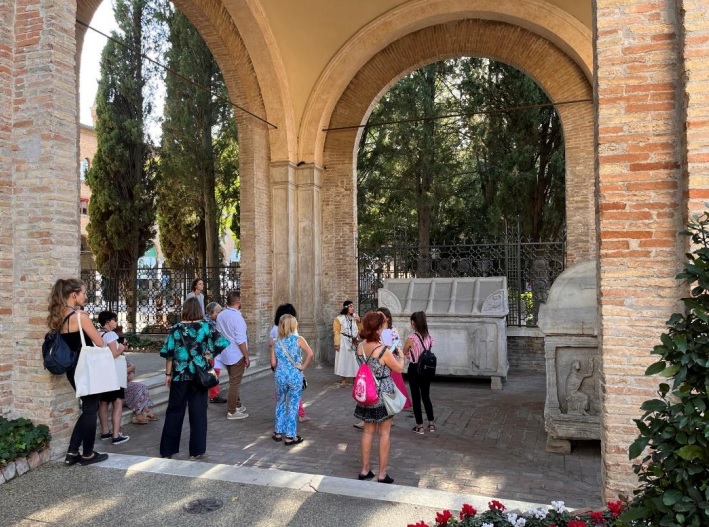
Sustainable solutions and changing markets
Sustainability and re-orientation of product offer were main topics identified for adaptation in the post-pandemic world for rural SMEs.
The aim of RuralGrowth is to improve the policies related to small rural businesses within the visitor economy. To achieve this, the scheme fosters the uptake of the green innovative solutions serving as a launchpad for the SME competitiveness and a driver for the sustainable development in the rural regions. Beneficiaries are not only the visitor economy related SME’s but also the inhabitants in general because of the expected socio-economic impact.
€1,837,868.00
SME competitiveness
Project presentation video
Increasing the competitiveness of SMEs is targeted by Priority Axis 1 of Hungary’s national level Economic Development and Innovation Operational Programme with 1.344.675.091 EUR allocated to this PA. Specific Objective 1.7 targets boosting a marketable and cooperative SME sector through enhancing the cooperation intensity of enterprises. Competitiveness of enterprises can only be ensured by maintaining a constant product, service and organisational development and access to new market segments. Tourism sector is a designated beneficiary of the PA measures as there are actions planned for establishment and development of touristic destination management organizations (DMOs): bottom-up territorial organisations comprising local touristic service providers and other related bodies integrating local offers into complex touristic packages.
Although boosting tourism is considered as a key measure to enhance competitiveness of rural regions in a sustainable way, by exclusively channelling resources to DMOs, a large number of rural non-touristic SMEs which could also strongly contribute to regional attractiveness can be excluded from funds. Therefore measures or the supported actions to be defined in the prospective calls of the OP should uptake a more cross-sectoral view by targeting a broader scale of SME networks without limitation to the tourism industry and supporting traditional manufacturers, small-scale producers (food, craft) and other local players in supply chains.
OP North Netherlands was drawn up based on the RIS3 Strategy of Northern Netherlands. In line with the RIS3 setting the aim to develop the region into a living lab region, the OP supports i.a. innovation actions for SMEs such as cooperation framed in the Quadruple Helix. In Priority 1, with 76% of the total OP budget allocated, increasing the research and innovation intensity of SMEs and improving their uptake of innovation is treated. As the OP has no sectoral preferences, actors related to the regional visitor economy (bringing together stakeholders from tourism and related supply chains) have a range of funding opportunities to strengthen this complex and highly innovative eco-system.
Yet as a precondition better access should be facilitated to the OP’s means for rural SMEs who are further from classical innovation hubs and knowledge transfer points to ensure conditions for undisturbed growth, cross-sectoral cooperation and thus competitiveness and sustainability. Cooperation, i.e. maximizing innovation-based productivity represents an enormous opportunity for growth in the visitor economy sector. One way of tackling this issue to be adopted in RuralGrowth is facilitating development of projects with clusters of SMEs, planning and implementing activities based on network utilisation, matching innovative spin-offs in the field of ICT based/eco-innovation and other actors of the visitor economy (knowledge institutes, thematic organizations related to slow tourism etc.).
For the programme period of 2014-2020, one SF Operational Programme (combining ERDF & ESF contributions) called ‘Sustainable growth and jobs 2014-2020’ has been launched in Finland with separate regional implementation plans. Objective 1 ‘Competitiveness of SMEs - Promoting growth and internationalization of enterprises by developing international and competitive enterprises and supporting innovation to improve competitiveness of the OP will be concerned within this project. Improving the competitiveness of SMEs will receive about 20% of the total OP allocations. The planned investments aim to diversify business structures and increase the number of growing, innovative and internationally expanding companies. In order to reach these objectives, measures will target the start-up of new companies and further developing new business operations with special focus on remote areas.
In the implementation plan for Eastern and Northern Finland measures for Objective 1 include supporting stakeholder networks and business clustering, investments for growth and capacity building of SMEs for internationalization.
To realize overall competitiveness goals, the geographically fragmented rural SMEs should be encouraged to get engaged in accessing EU funds through the respective OP particularly by focusing on business networking across different administrative regions and sectors involved directly or indirectly in the visitor economy.
In Rural Growth Delta 2000 and its stakeholder group address the Regional OP of Emilia-Romagna. The 3rd thematic priority of the OP targets competitiveness and attractiveness of production system, allocating 60 million euro (25% of the total budget) for this purpose. The priority aims to generate favourable economic environment for creating new businesses and fostering existing ones via promoting entrepreneurship, in particular facilitating the economic exploitation of new ideas and creation of new firms, inter alea through business incubators. Specific objective 3.5 “Promoting the competitiveness of small and medium-sized enterprises” is especially relevant. This SO i.a. supports access to credit (micro-finance), in particular by promoting investment innovation, restructuring and development of new products and services.
Local SMEs in the Po Delta area have promising opportunities within the visitor economy connected to sustainable tourism, but they cannot maximize these potentials due to lack of sufficient knowledge on current trends, to cooperation deficit and lack of financial supports available for new investments. These small enterprises remote from innovative urban centres need to be integrated and facilitated in generating projects to become beneficiaries of ERDF support under the OP Emilia-Romagna so as to establish a competitive SME sector ensuring the endogenous, sustainable development of this sensitive rural area with extremely valuable natural assets.
The targeted policy instrument is the ERDF Regional Operational Programme of Castilla y León 2014-2020, of which the 3rd thematic priority covers SME competitiveness. The Investment Priorities indicate the intention of the region to strengthen the SME segment by promoting entrepreneurship, in particular supporting new ideas and fostering the creation of new businesses; developing and implementing new business models for SMEs, in particular for internationalization; supporting SMEs’ capacity for grow into regional, national and international markets and for improve the innovation processes.
The OP covers most aspects of SME development and integration into an innovation based economy. However, the preparation of SMEs to become adaptive to these objectives is still missing from the system. Municipality of Medina del Campo wishes to encourage projects for enhancing local entrepreneurial activities in general. Specific fields that should be facilitated is promoting the growth and consolidation of SMEs, in particular by improving their access to financing, technology and advanced support services; emphasized areas of support are: agrculture and tourism sectors as well as SMEs and freelancers dedicated to retail (SO.3.4.1), as well as promoting innovation, cooperative innovation of SMEs in particular in eco-innovation, social innovation e.g. in agriculture and tourism sectors (SO.3.4.2).
The Regional Operative Programme 2014-2020 addresses the development needs of regions, amongst others regarding SME competitiveness in all sectors. Based on the ROP regions develop their regional development strategy and have a budget allocated from the overall OP budget frame.
Priority 2 of the ROP targets improving the competitiveness of small and medium enterprises. Investment priority: 2.2 ‘Supporting the creation and expansion of advanced capabilities, production and development of services’ aims at maintaining and further developing competitive advantages of SMEs. The main challenge of SMEs’ is quickly responding to the market demands, which is only possible by incorporating technological progress and innovation, specific skills, applying proper marketing, employing trained personnel, and generating vertical integration in the value chains. These components of IP 2.2 contribute to realising the overarching aim of Harghita county, namely to build up an overall integrated economic system relying on the local cultural and environmental assets and building on the integrity and cohesion of all local actors most of all innovative SMEs. As this is a general need of rather similar rural areas within the region, all having excellent potentials in sustainable/slow tourism and operating a growing visitor economy, it can be concluded that more attention is to be paid by the OP to network building and development of community based value chains.

Sustainability and re-orientation of product offer were main topics identified for adaptation in the post-pandemic world for rural SMEs.

Based on exchange of experiece in Rural Growth, impacts of the covid-19 pandemic have been strikingly similar in rural areas of Europe, irrespective of country.
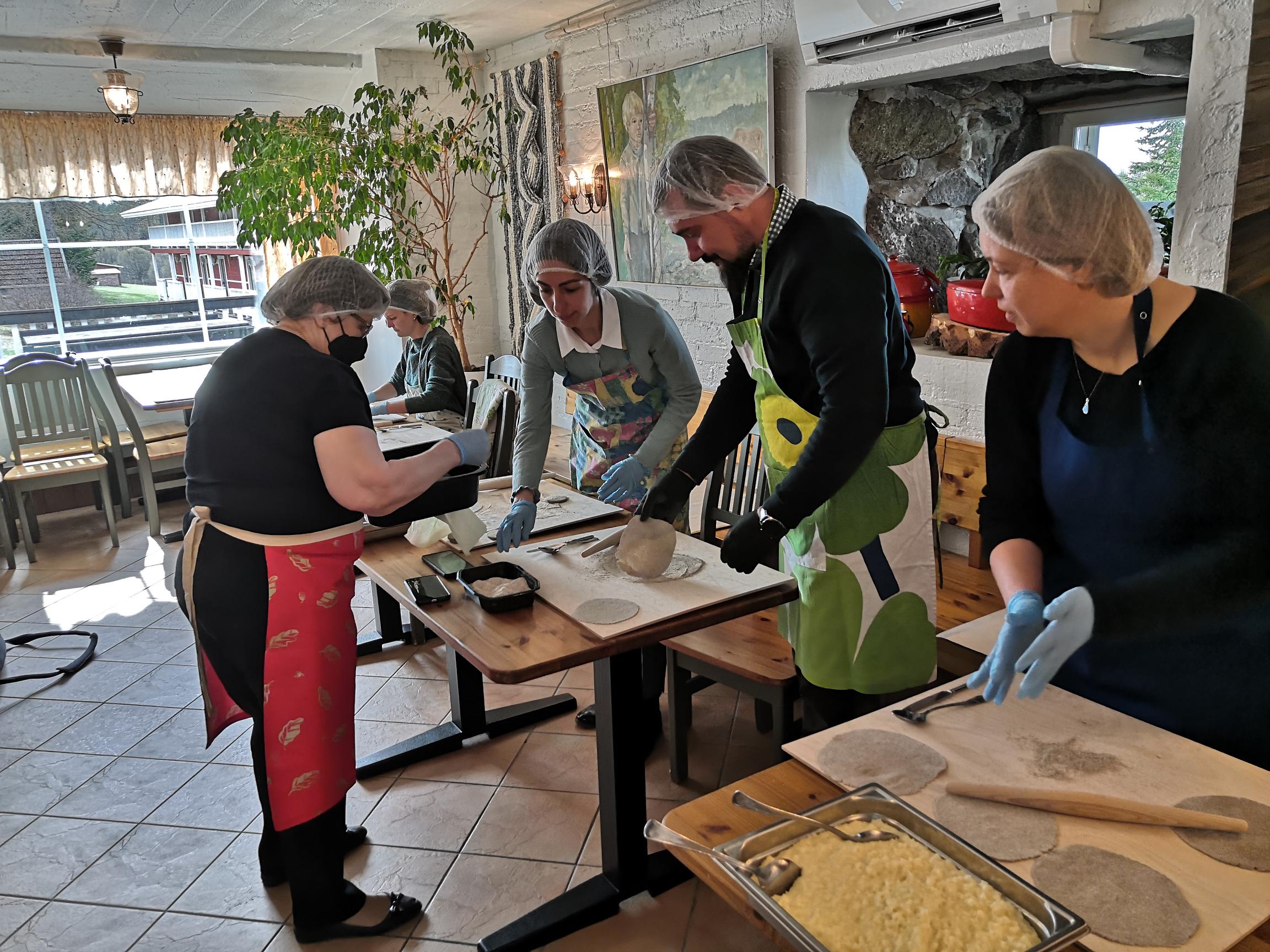
Rural Growth IR workshop 11th-12th May in Savonlinna, Finland
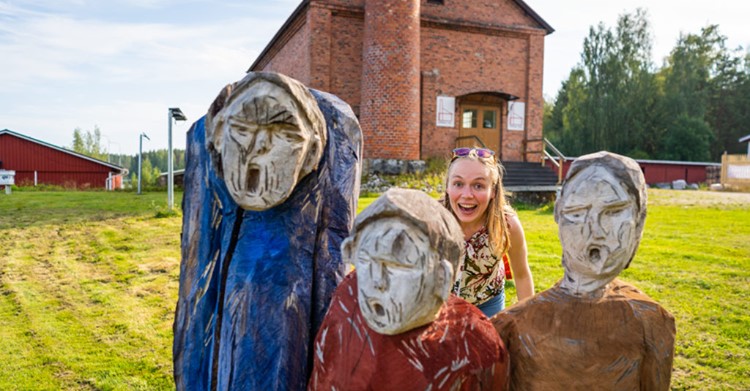
Covid-19 pandemic caused distress for rural economies, but also open up new opportunities.

Rural Growth partners re-assembled to review strategies to cope with the COVID-19 pandemic.
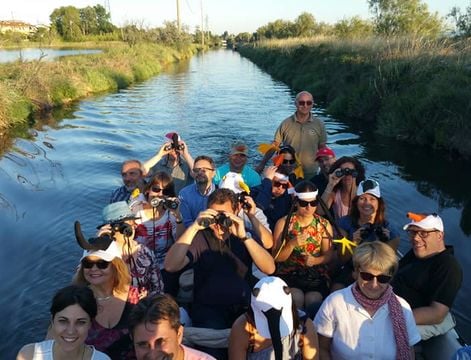
The regions which participated in Rural Growth are in the same boat - in the COVID-19 situation. They are determined to look for solutions together.
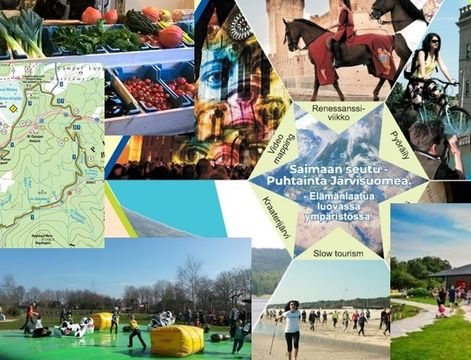
The final conference of Rural Growth project presented a forum and opportunity to review the achievements of policy influencing through interregional learning.
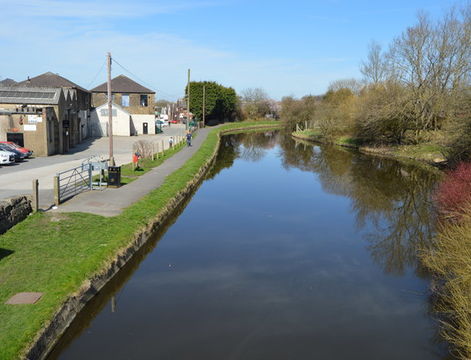
Final conference of Rural Growth Interreg Europe project will be organized online 23 September (Wednesday) 13-16 (CET)
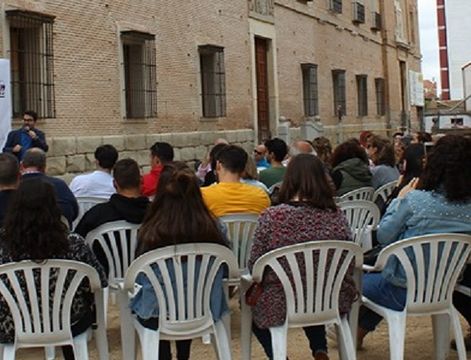
Medina del Campo succeeded in redeveloping a site of huge historic significance, into a hub of research, education and new business incubation.
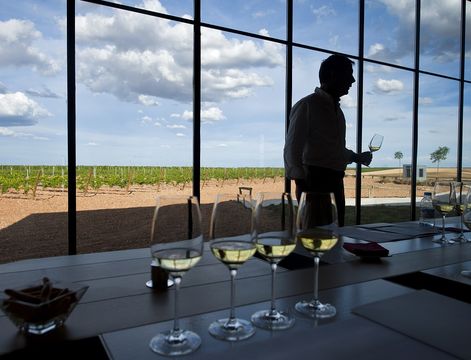
Vocational training in wine tourism is supporting strategic development in the region of Medina del Campo.